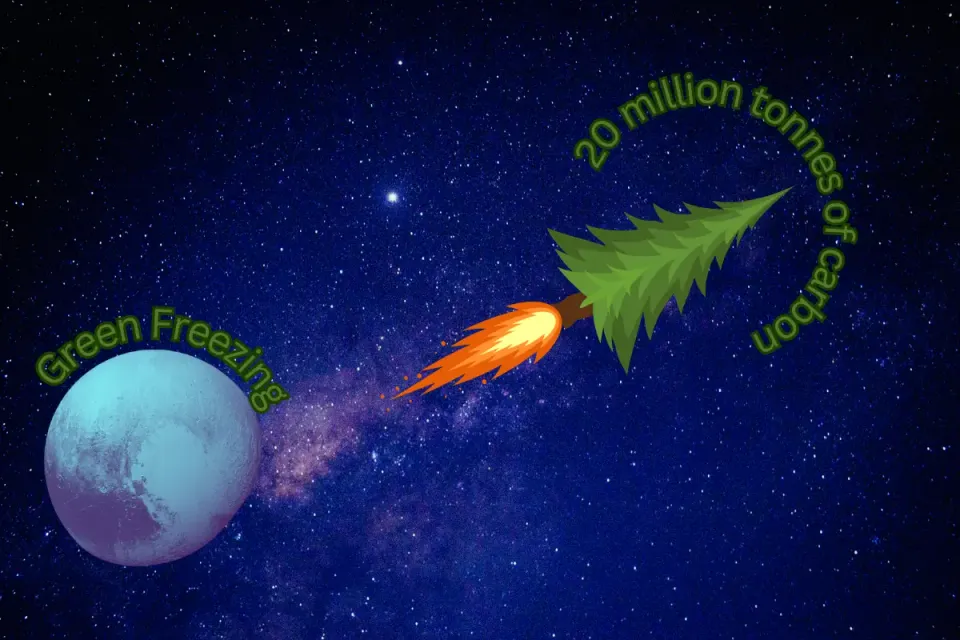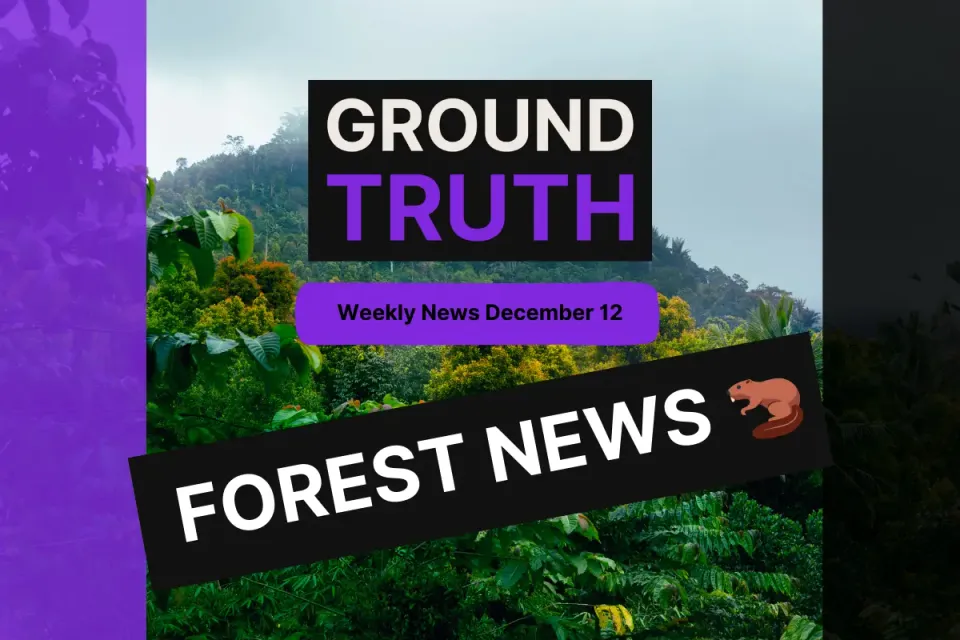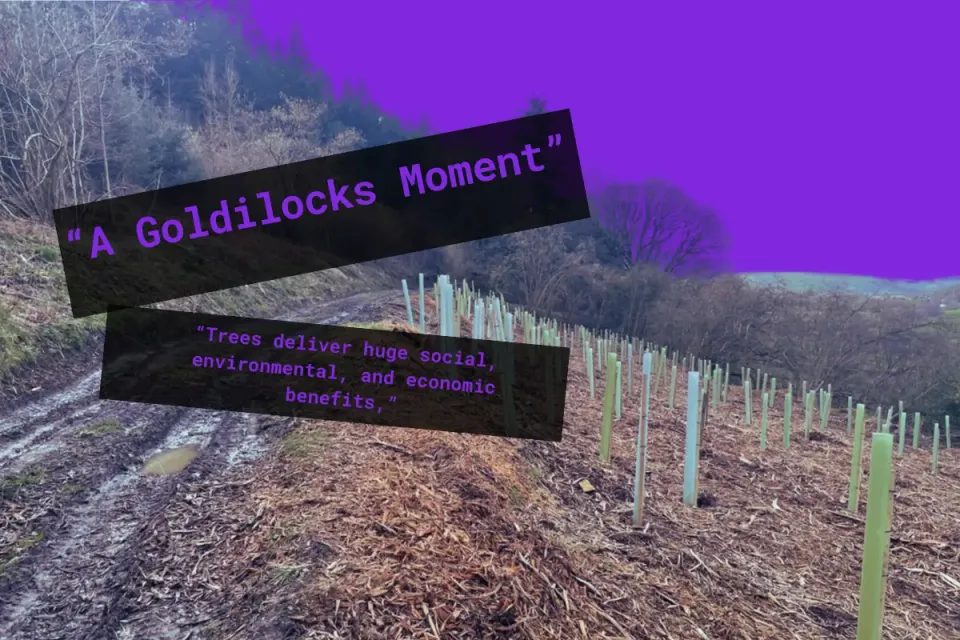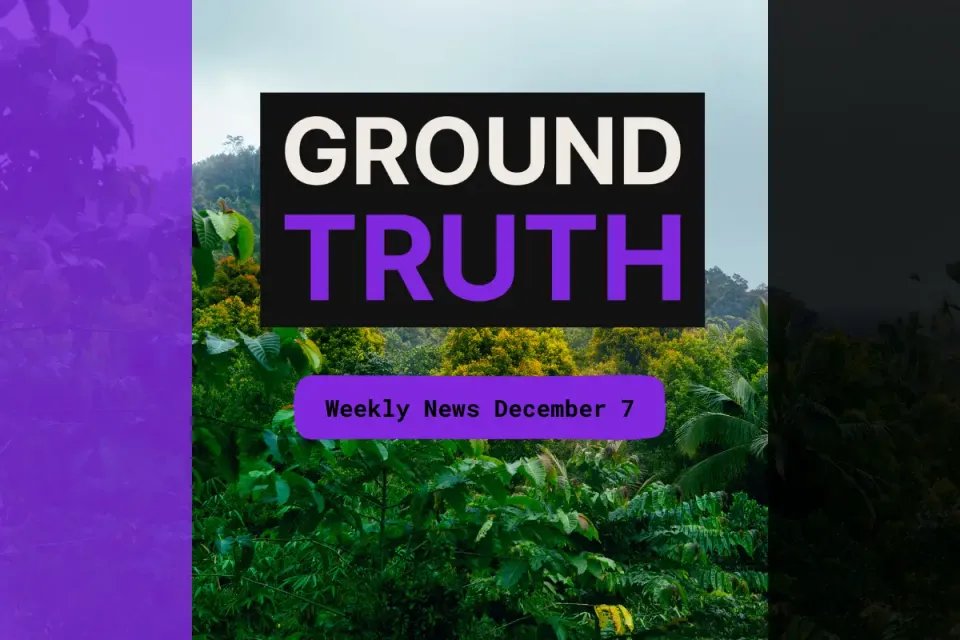Bosland Aims to Reforest Former Mine Lands ⛰️🌲
The project aims to turn 100 acres of former gravel mines into a new forest, planting 70,000 trees by spring 2025.

Reviving Ecosystems in Lake Pleasant Conservation Area 🌱
This October, Bosland Growth begins reforestation efforts in the Lake Pleasant Conservation Area in Northwestern Pennsylvania. The project aims to turn 100 acres of former gravel mines into a new forest, planting 70,000 trees by spring 2025. Expanding on a pilot program that began in 2023, this initiative will improve local biodiversity, enhance carbon storage, and support sustainable land use in the region.
Turning Degraded Lands into Thriving Forests 🌿
Mining often leaves behind lands with compacted soils, making it tough for forests to naturally recover. Bosland Growth’s project focuses on restoring these challenging areas by improving soil conditions and reintroducing native trees. The goal is to boost biodiversity, improve water quality, and capture more carbon from the atmosphere, contributing to both environmental and community benefits.
Bosland Growth, Western PA Conservancy Partner On Lake Pleasant Conservation Area Mine Land Reforestation Project In Erie County To Generate Carbon Credits [PaEN] https://t.co/X3joHsmBLc pic.twitter.com/qbFSAqoMQ3
— PaEnvironmentDigest (@paenvirodigest) October 18, 2024
From Mine to Forest 🌳
The project will unfold in stages:
- Soil Preparation 🚜: Using heavy machinery, Bosland Growth will loosen compacted soils, creating better conditions for the new forest to thrive.
- Tree Planting 🌱: Approximately 70,000 trees will be planted on 100 acres, helping to restore the native forest and support diverse wildlife.
- Partnerships 🤝: The project involves local groups like the Western Pennsylvania Conservancy and is supported by a USDA Natural Resource Conservation Service grant, helping to ensure long-term ecological benefits.
Part of a Larger Initiative 🌲
This effort is part of Bosland Growth’s Legacy Mine Land Restoration Initiative, targeting 1,300 acres of degraded mine land across Pennsylvania, West Virginia, and Ohio. The project uses carbon credit sales alongside federal grants to fund restoration, allowing Bosland Growth to cover reforestation costs and pay landowners for conservation easements. It’s estimated that the pilot project could sequester as much carbon as removing 38,000 cars from the road each year.
This initiative uses the methods of the Appalachian Regional Reforestation Initiative, a broader effort to reforest abandoned mine sites across Appalachia.
Building a Brighter Future 🌍
Reforesting former mine lands offers a chance to bring life back to areas long impacted by industry. By combining restoration work with innovative funding, Bosland Growth aims to ensure that these efforts are both environmentally and economically sustainable, creating a lasting legacy for communities and ecosystems alike.
Open Data 🌈📊
The Appalachian Regional Reforestation Initiative has provided an interactive map where you can see the sites being restored, when they were planted, how many trees were planted, and a ton of other cool info.✌️🌲




